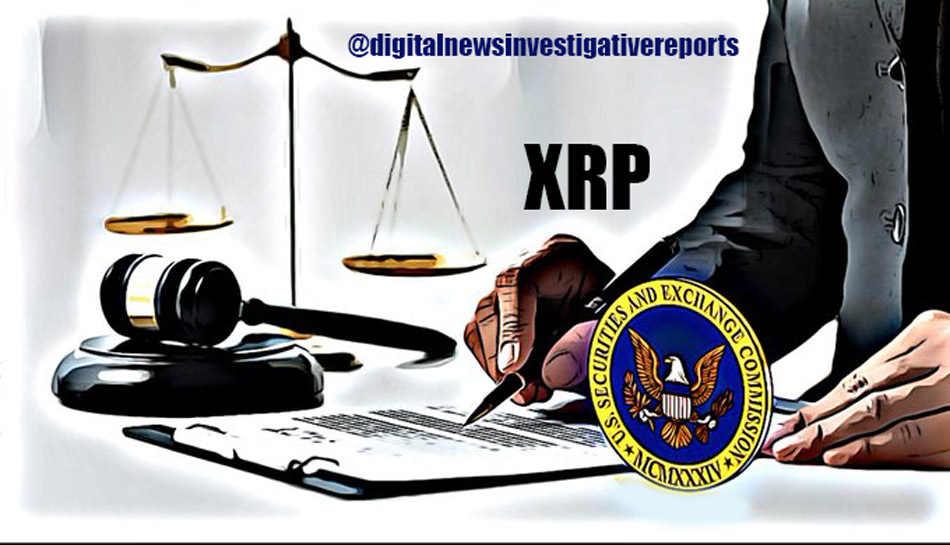 In a pivotal development in the ongoing legal battle between the Securities and Exchange Commission (SEC) and Ripple Labs, Inc., the SEC has filed a reply memorandum of law, intensifying its pursuit of an interlocutory appeal under 28 U.S.C. § 1292(b). This move comes on the heels of Judge Analisa Torres’ July ruling, which found Ripple guilty of violating federal securities laws in relation to XRP sales to institutional investors but cleared the company and its executives of wrongdoing concerning retail investors.
In a pivotal development in the ongoing legal battle between the Securities and Exchange Commission (SEC) and Ripple Labs, Inc., the SEC has filed a reply memorandum of law, intensifying its pursuit of an interlocutory appeal under 28 U.S.C. § 1292(b). This move comes on the heels of Judge Analisa Torres’ July ruling, which found Ripple guilty of violating federal securities laws in relation to XRP sales to institutional investors but cleared the company and its executives of wrongdoing concerning retail investors.
Judge Torres’ ruling, notable for its differentiation between institutional and retail investors, raised eyebrows within the legal and cryptocurrency communities. Interestingly, in the same court, Judge Jed Rakoff reached a different conclusion in a separate SEC case, highlighting an apparent inconsistency in the application of securities laws.
The SEC has seized upon this inconsistency as a key element in its argument for an interlocutory appeal. Such an appeal would enable an appellate court to address crucial legal questions while the case continues in the lower court.
The crux of the dispute revolves around the SEC’s assertion that Ripple’s digital asset, XRP, constitutes a security and should be subject to federal securities laws. The SEC contends that Ripple Labs, Garlinghouse, and Larsen conducted unregistered offerings of XRP, resulting in alleged violations of securities regulations.
Ripple Labs have consistently denied the SEC’s allegations, asserting that XRP is a cryptocurrency and not a security. They contend that the SEC’s lawsuit lacks merit and that the agency’s stance could stifle innovation within the cryptocurrency industry.
In its memorandum, the SEC argues that the issues at the heart of the case are of substantial public interest and that allowing an interlocutory appeal is essential for the clarification of key legal questions. This move seeks permission from the court to appeal specific legal issues before the case proceeds to trial.
The decision to allow or deny the interlocutory appeal holds significant consequences for both the SEC’s regulatory authority and the cryptocurrency market.
If Judge Torres grants the SEC’s motion for an appeal, it could have profound ramifications for the cryptocurrency industry. This decision could set significant legal precedents, potentially reshaping how cryptocurrencies are classified and regulated under federal securities laws. The outcome of this legal battle holds the potential to significantly impact the broader regulatory framework for digital assets in the United States.



